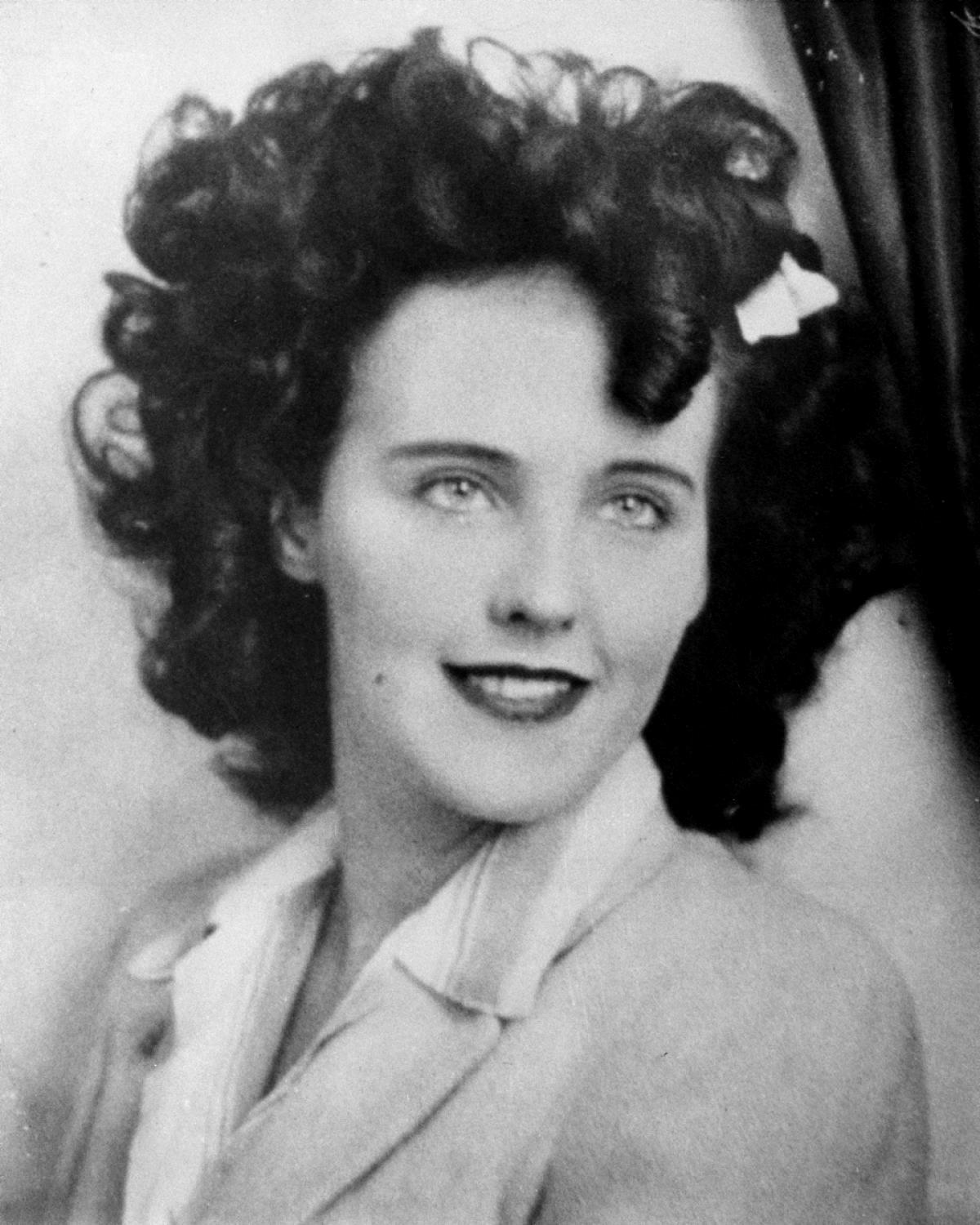Elizabeth Short, famously known as the Black Dahlia, remains one of the most enigmatic figures in American true crime history. Her brutal murder in 1947 not only captivated the public's imagination but also sparked numerous theories and investigations that continue to this day. In this article, we will delve deep into the life, death, and the aftermath of Elizabeth Short, exploring the details surrounding her tragic fate and the cultural impact of her story.
Born on July 29, 1924, in Hyde Park, Boston, Massachusetts, Elizabeth Short was a young woman with dreams of Hollywood fame. However, her aspirations were cut short in a horrific manner that left the nation in shock. The gruesome nature of her murder, combined with the media frenzy that followed, led to her becoming a symbol of mystery and tragedy in American history.
As we journey through the life of Elizabeth Short, we will examine her early years, the circumstances leading up to her murder, the investigation that ensued, and the legacy she left behind. This article aims to provide a comprehensive overview of the Black Dahlia case while adhering to principles of expertise, authoritativeness, and trustworthiness.
Table of Contents
- Biographical Information
- Early Life and Aspirations
- Details of the Murder
- The Investigation
- Theories Surrounding the Case
- Cultural Impact of the Black Dahlia
- Conclusion
- References and Sources
Biographical Information
| Full Name | Elizabeth Short |
|---|---|
| Date of Birth | July 29, 1924 |
| Place of Birth | Hyde Park, Boston, Massachusetts |
| Date of Death | January 15, 1947 |
| Place of Death | Leimert Park, Los Angeles, California |
Early Life and Aspirations
Elizabeth Short was the third of five daughters in a family that faced hardships. Her father, John Short, abandoned the family when she was young, leaving her mother, Phoebe, to raise the children alone. Elizabeth struggled with her identity and self-image, which led her to develop a fascination with the glamorous world of Hollywood.
In her teenage years, Elizabeth moved to California to pursue her dreams of becoming an actress. She was known for her striking beauty, often donning a black dress that earned her the nickname "Black Dahlia." Despite her aspirations, Elizabeth's life in Hollywood was fraught with challenges, including financial difficulties and tumultuous relationships.
Details of the Murder
On January 15, 1947, Elizabeth Short's body was discovered in a vacant lot in Leimert Park, Los Angeles. The gruesome nature of her death shocked the nation; her body had been mutilated and severed at the waist. The killers had drained her blood and posed her body in a way that suggested a degree of planning and forethought.
The discovery of her body sparked a media frenzy, with newspapers sensationalizing the story and dubbing her the "Black Dahlia." The public was captivated by the mystery surrounding her murder, leading to widespread speculation and theories about her life and relationships.
The Investigation
The investigation into Elizabeth Short's murder was extensive, involving numerous detectives and investigators. The Los Angeles Police Department received hundreds of tips, but the case quickly grew cold. The media's involvement complicated matters, as they often published false leads and sensationalized details, creating a chaotic environment for the investigators.
Despite the challenges, several suspects emerged over the years, but none were definitively linked to the crime. The case remained unsolved, leading to widespread frustration among law enforcement and the public alike.
Theories Surrounding the Case
Over the years, various theories have emerged regarding Elizabeth Short's murder. Some of the most notable include:
- The Serial Killer Theory: Some believe that her murder was the work of a serial killer who was active in Los Angeles at the time.
- The Hollywood Connection: Others speculate that Elizabeth's ties to Hollywood may have led to her demise, possibly involving powerful figures in the film industry.
- The Revenge Theory: Some theories suggest that her murder was a result of personal vendettas or conflicts with individuals in her life.
Cultural Impact of the Black Dahlia
The legacy of Elizabeth Short extends far beyond her tragic death. The Black Dahlia case has inspired countless books, movies, and documentaries, contributing to the ongoing fascination with her story. Some notable adaptations include:
- Books: "The Black Dahlia" by James Ellroy, which fictionalizes the events surrounding her life and murder.
- Films: "The Black Dahlia," directed by Brian De Palma, which explores the investigation into her murder.
- Documentaries: Numerous documentaries have examined the case, providing insights into the investigation and its impact on American culture.
Conclusion
In conclusion, the mystery of Elizabeth Short, the Black Dahlia, continues to captivate audiences around the world. Her tragic story raises important questions about fame, identity, and the darker sides of human nature. As we reflect on her life and untimely death, we are reminded of the fragility of life and the impact of unresolved mysteries.
We invite readers to share their thoughts on the Black Dahlia case in the comments below and to explore more articles on our site that delve into similar true crime stories.
References and Sources
For further reading and information regarding the Black Dahlia case, consider exploring the following sources:
Understanding The 29 September Zodiac Sign: Traits, Compatibility, And More
The Mystery Of The Black Dahlia: Unraveling The Enigma Behind Elizabeth Short
Google Keyword Rank Checker API: Your Ultimate Guide To Boosting SEO Performance


